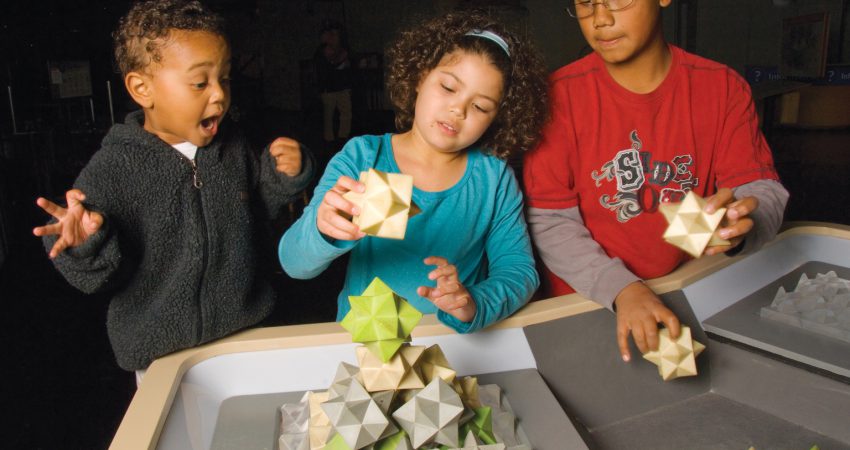
By Suzanne Perin - March 2011
PAPER CITATION
Simpson, J. S., & Parsons, E. C. (2009). African American perspectives and informal science educational experiences. Science Education, 93(2), 293–321.
Informal science programs have potential for engaging audiences from non-dominant communities in unique ways. This article investigates specific elements of programs that African American mothers participating in this study preferred for their elementary-aged girls. For ISE educators, this research points out several elements to address when planning programs for African American audiences, including practical issues and content delivery methods, many of these elements could perhaps be applied more broadly for other non-dominant populations.
The study suggests that in advertising, targeting the places that are already used by the people you want to attract, such as community meetings or churches, makes the most impact. In designing programs, this study finds that it is important to include program elements that appeal to targeted students and their parents, including, in this case, movement, oral communication, emotional nurturing, connection with ethnic and cultural heritage, role models as instructors, and content delivery using methods different from those found in school.
This study interviewed eleven African American mothers or female guardians of girls and boys attending a university-based summer camp program for upper elementary students, which specifically targets underrepresented populations in science and mathematics careers. The instructors were certified teachers, university faculty, staff, and college students, with high school volunteers as assistants. At the time of this study, all the instructors were African American except for one. The data showed that, in looking for a science program, parents wanted strong communication about the opportunity. They looked to the school for notice of such an opportunity, but this is not where the programs were advertised. Regarding elements of the program, they wanted fun, interactive engagement with science for their children, such as experiments or physically putting things together. They contrasted this with the science the children did in school, which was oriented around reading. It was important that the instructors were enthusiastic about science, and encouraging and nurturing to the students.
When asked about this particular program, parents expressed that, beyond science and math hands-on educational experiences, which often went beyond what the children did in school, it was important that the program specifically focus on African American culture and students. Parents wanted their children to connect their African American culture and history to success in math and science, and one parent expressed that it was important that "people who looked like the children" constitute the teaching staff.
Elements that specifically appealed to Black Cultural Ethos, a theoretical framework used in the study to focus on characteristics that pertain to African Americans, included orality, movement, verve, affect, communalism, and expressive individualism. Aural and oral modes of communication within the classes and between the program and parents were valued; children moved throughout the day at the centers and used movement in presentations; verve was addressed through high-energy activities; emotions were valued and teachers were considered child-friendly and nurturing; communalism involved a feeling of belonging to a group (both within the local community and African heritage); and expressive individualism encouraged a distinctive individual style while belonging to a group.
This was a small study, conducted with mothers or female guardians of girls. Other family members, children of different ages, types of programs may impact the desires and perspectives for this audience.




